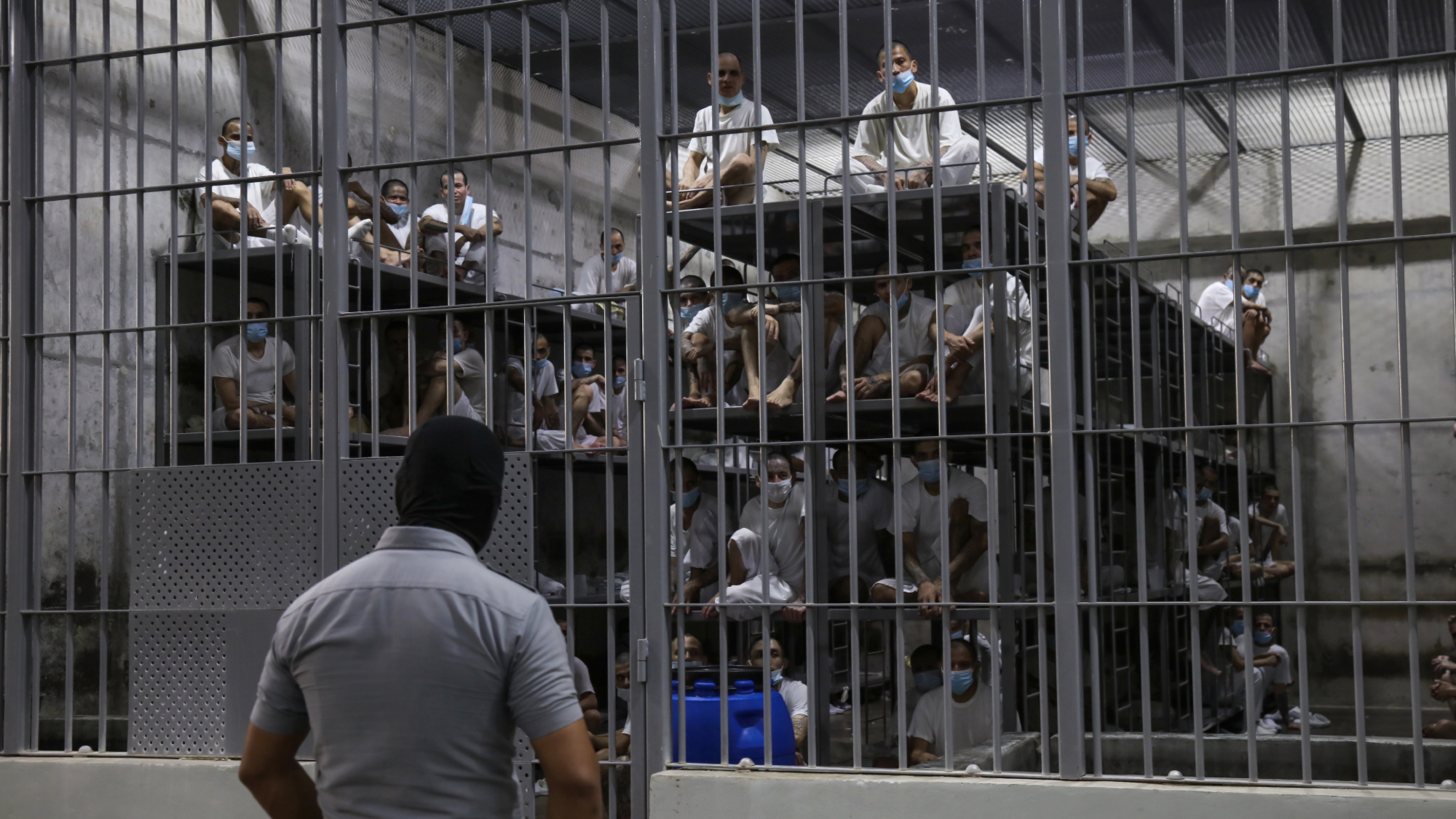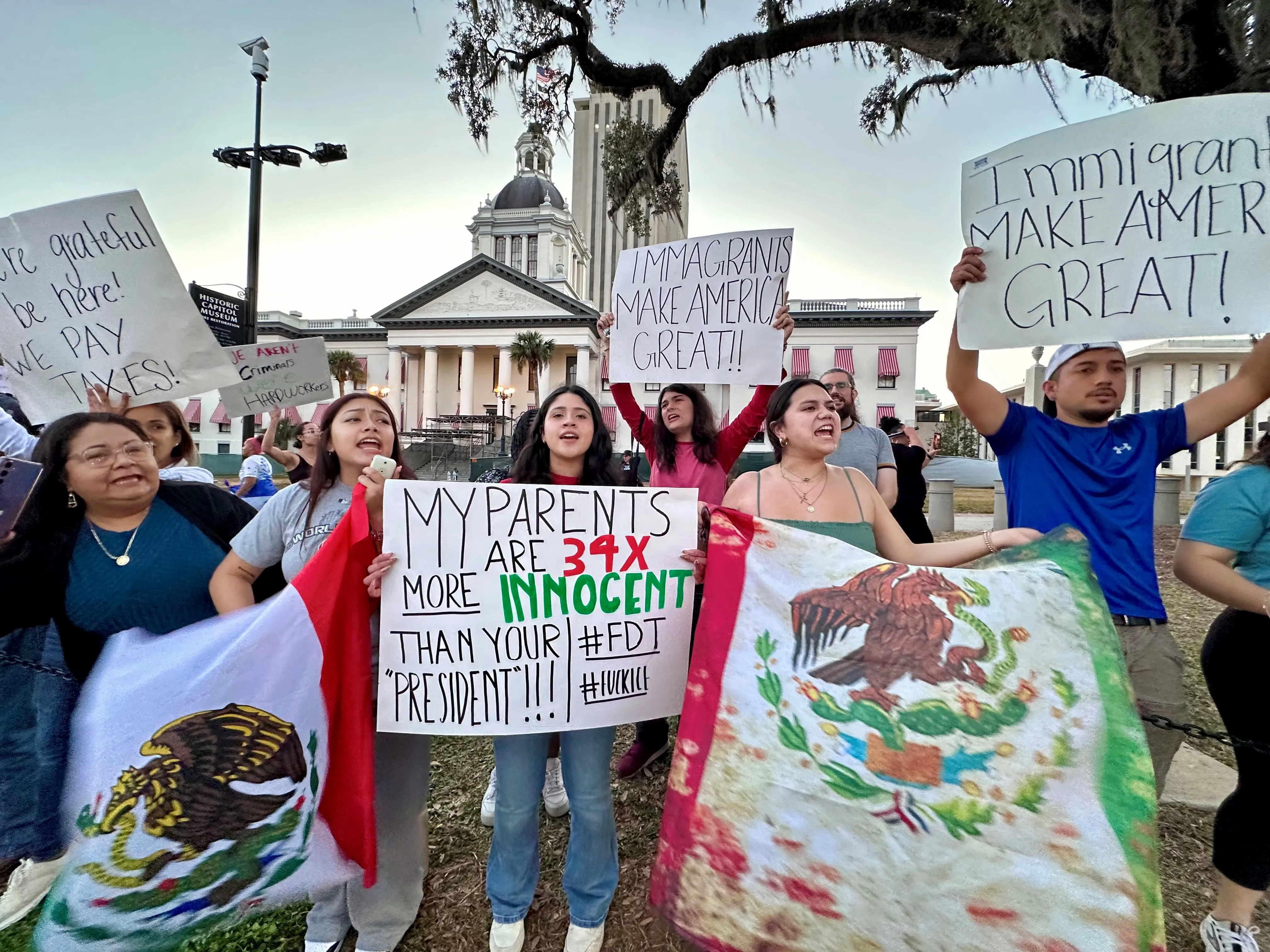Kilmar Abrego Garcia"s harrowing experience in an El Salvador prison shines a stark light on the brutal realities of the Trump administration’s immigration policies. Garcia, deported to a country he fled to escape gang violence, now faces allegations that are as preposterous as they are damaging, further complicating an already tragic narrative.
Severe Human Rights Violations in El Salvador
According to court documents, Garcia endured severe beatings and psychological torture shortly after his deportation in March. He described a hellish existence in the Terrorism Confinement Center (CECOT), a facility notorious for its inhumane conditions. This mega-prison subjected him to overcrowding, constant exposure to harsh lighting, and a complete lack of sanitation. In a nation already plagued by violence and corruption, these conditions are a direct violation of human rights and indicative of a system that fails to protect its citizens.
Shocking Details of Garcia"s Treatment
As reported by AP News, Garcia"s testimony reveals that upon arrival, he was brutally beaten and psychologically tortured, losing over 30 pounds within just two weeks. Detainees were forced to kneel for hours, and any sign of weakness was met with violence from prison guards. This is not merely a case of individual abuse but a systemic failure that reflects the broader issues of U.S. immigration policy, particularly during the Trump era.

Supreme Court gives Trump 2 deportation wins | The Week
Political Ramifications of the Deportation
Garcia"s deportation was initially a result of what the Trump administration labeled an "administrative error," a shocking understatement given the severity of the consequences. In 2019, a U.S. immigration judge had explicitly barred his deportation, citing the high likelihood of persecution from local gangs. Yet, in a blatant disregard for judicial authority and human rights, the Trump administration proceeded with the deportation. This reflects a troubling trend of the executive branch undermining the judicial system, putting vulnerable lives at risk.
Legal Battles and Ongoing Challenges
Garcia"s plight has sparked a legal battle, with his wife filing a lawsuit against the Trump administration for the wrongful deportation. The response from the administration has been dismissive, attempting to argue that the case is moot following his return to the U.S. However, the trauma he endured in El Salvador and the ongoing charges he faces in Tennessee complicate the narrative. His attorneys have denounced the smuggling charges as a cover-up to justify his deportation, an attempt to paint him as a criminal rather than a victim of a broken immigration system.

Large crowd protests Trump immigration crackdown at Florida Capitol
Wider Implications for Immigration Policy
Garcia"s case is not isolated; it is part of a broader pattern of abuse and neglect within the immigration detention system. Research indicates that immigration detention can lead to severe mental health consequences, exacerbating trauma and leading to conditions such as PTSD and depression (source). The conditions faced by Garcia in CECOT exemplify the psychological and physical toll that such policies inflict on individuals. Furthermore, the Justice Department"s plans to deport him to a "third country" only heightens the sense of urgency and fear surrounding his case, leaving many to wonder where the line is drawn in the U.S. government"s quest to enforce its immigration laws.

![[Video] Federal officers deploy sting balls and flash grenades at Whipple Building](/_next/image?url=%2Fapi%2Fimage%2Fthumbnails%2Fthumbnail-1768340555229-vhfcc-thumbnail.jpg&w=3840&q=75)
![[Video] Crowd-control weapons used in Minneapolis as anti-ICE protesters attack police vehicle](/_next/image?url=%2Fapi%2Fimage%2Fthumbnails%2Fthumbnail-1768336302231-akxf7s-thumbnail.jpg&w=3840&q=75)

![[Video] Protests erupt in Minneapolis after ICE detains teenager, multiple arrests made](/_next/image?url=%2Fapi%2Fimage%2Fthumbnails%2Fthumbnail-1768331835371-z9ylqg-thumbnail.jpg&w=3840&q=75)


![[Video] Gunfire between Iraqi security forces and Sadr militias in Baghdad](/_next/image?url=%2Fapi%2Fimage%2Fthumbnails%2Fthumbnail-1768343508874-4redb-thumbnail.jpg&w=3840&q=75)
